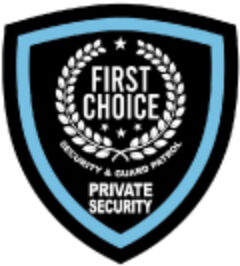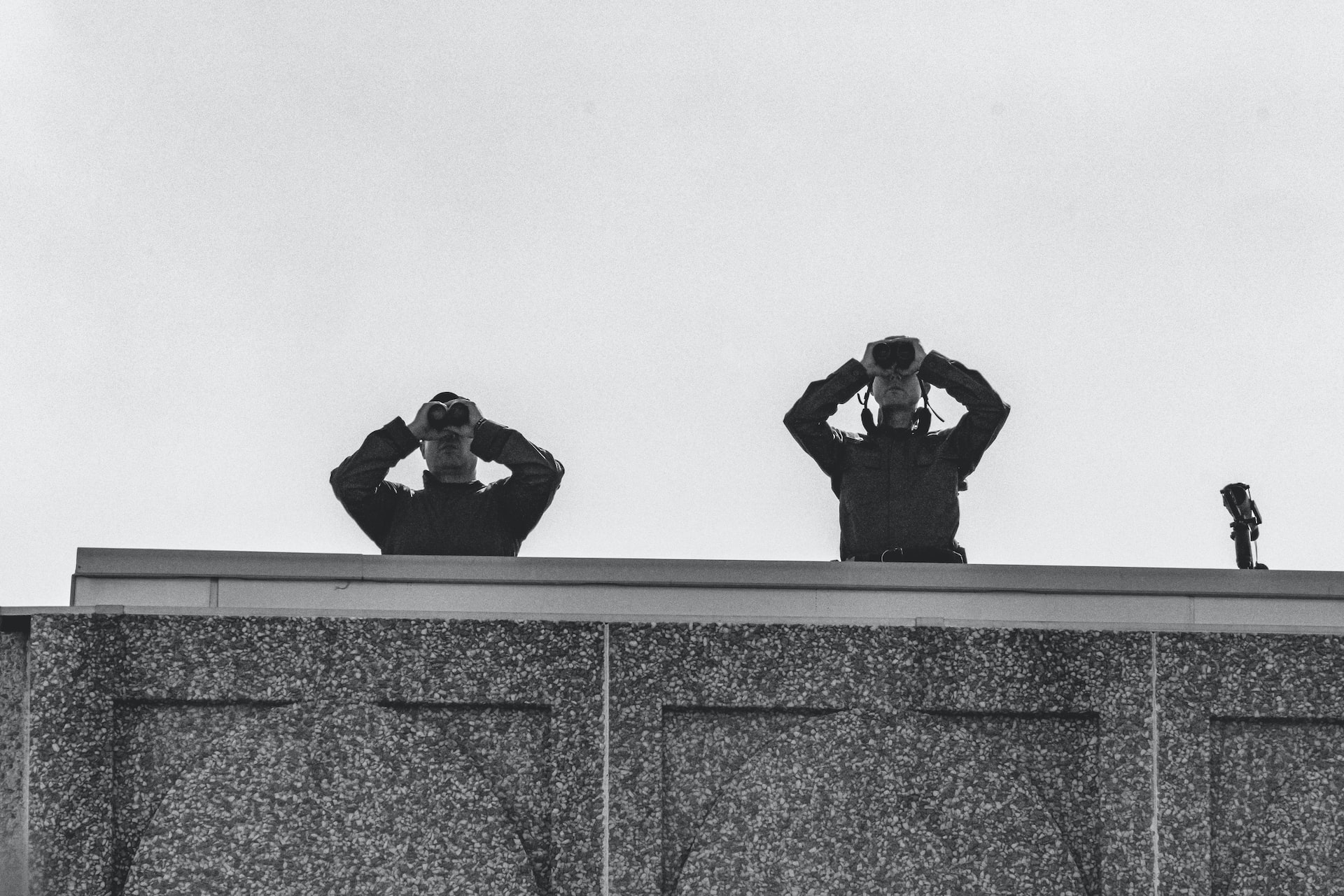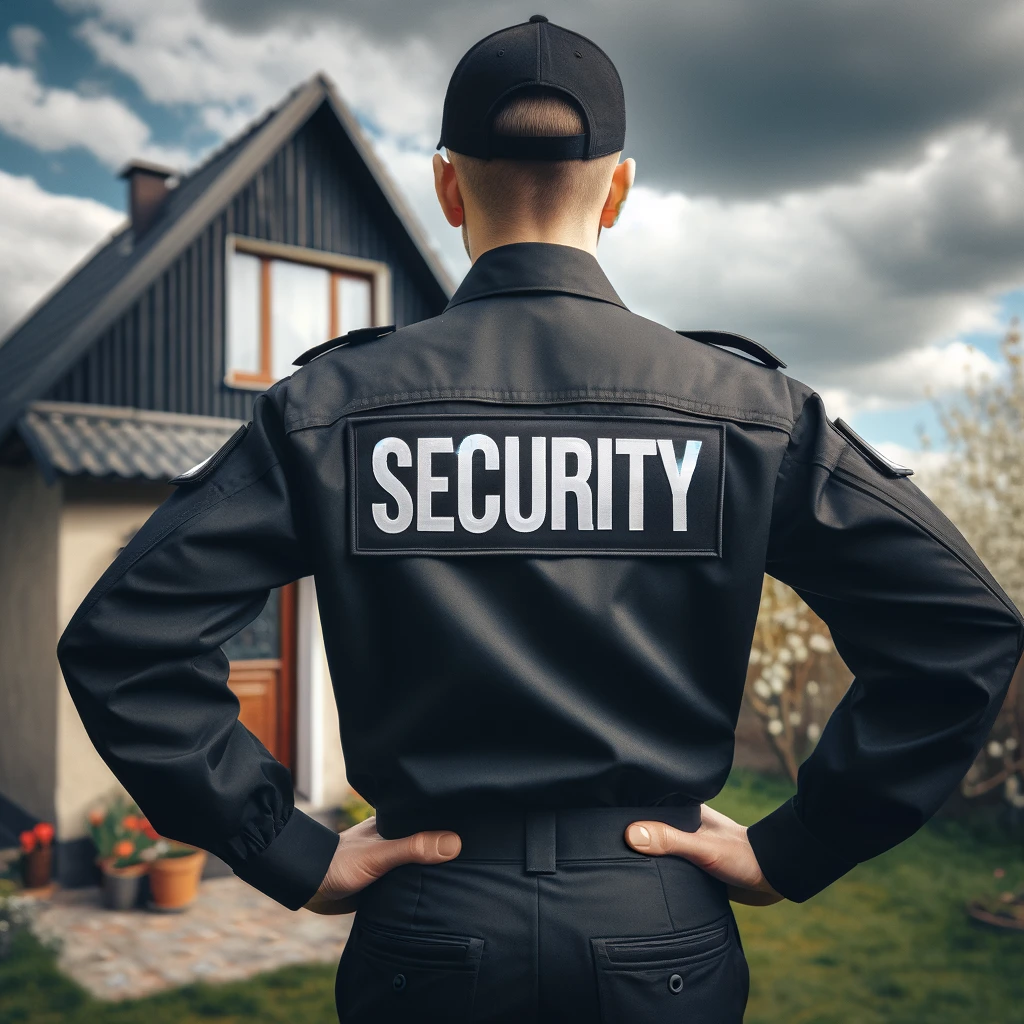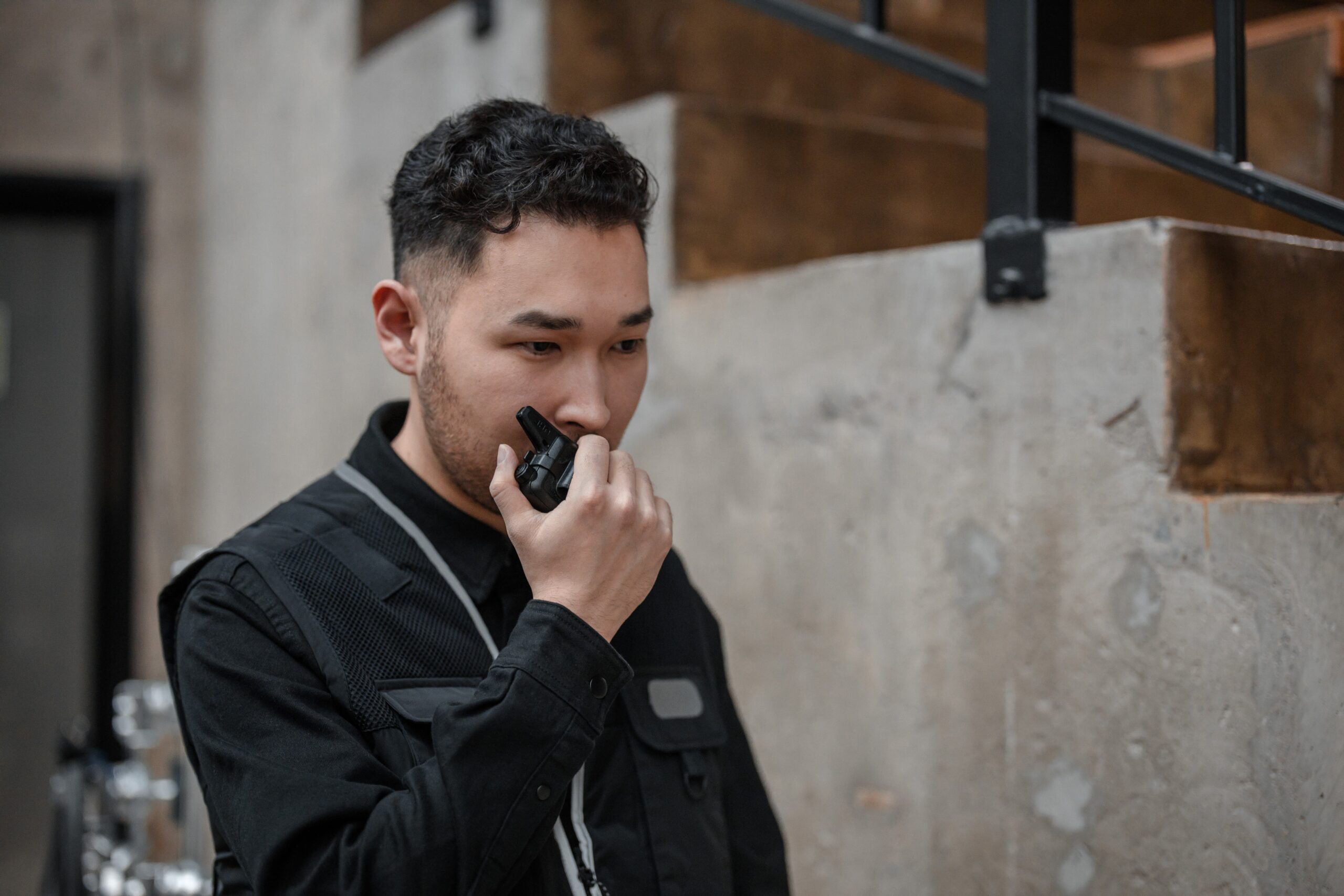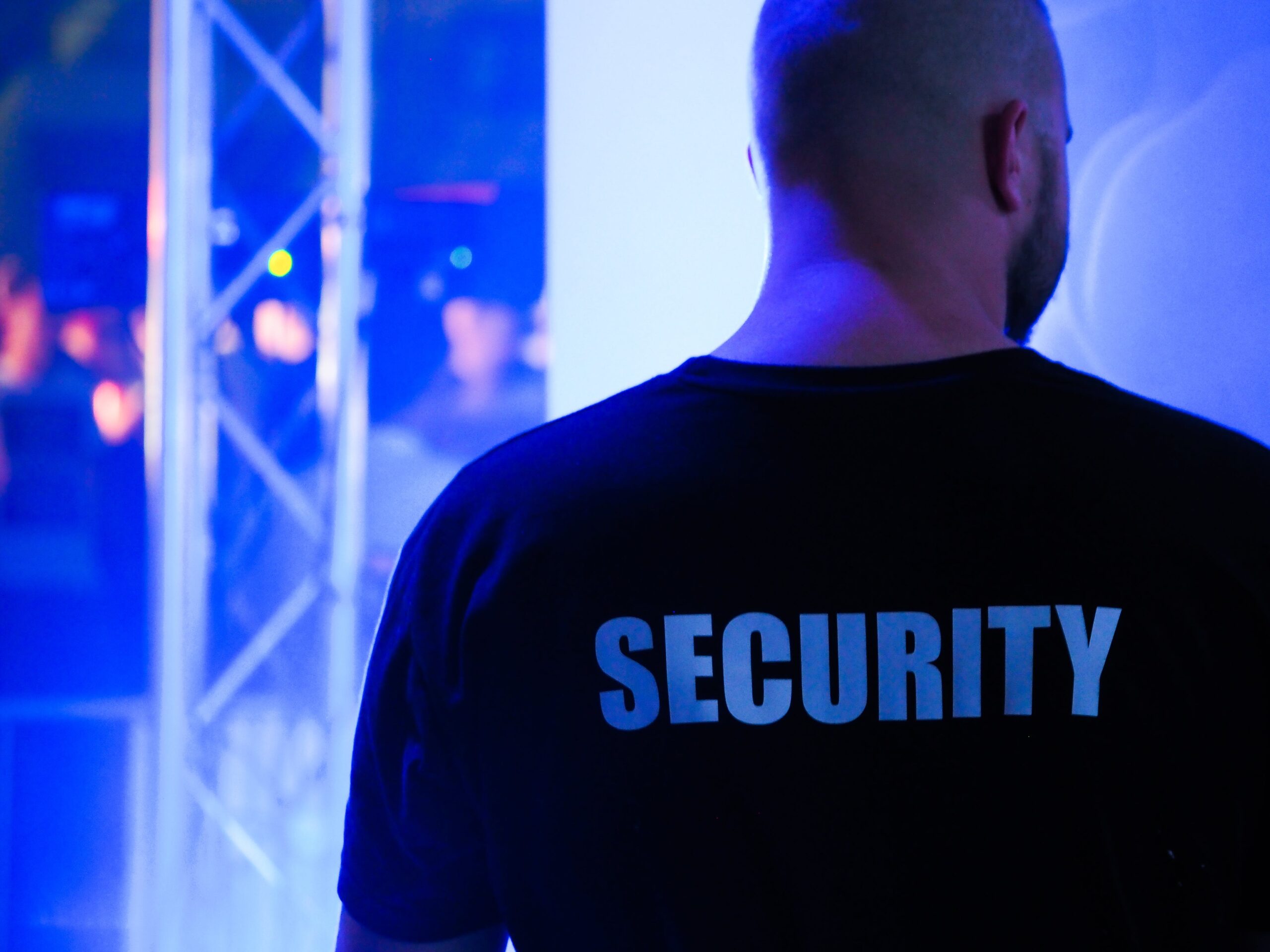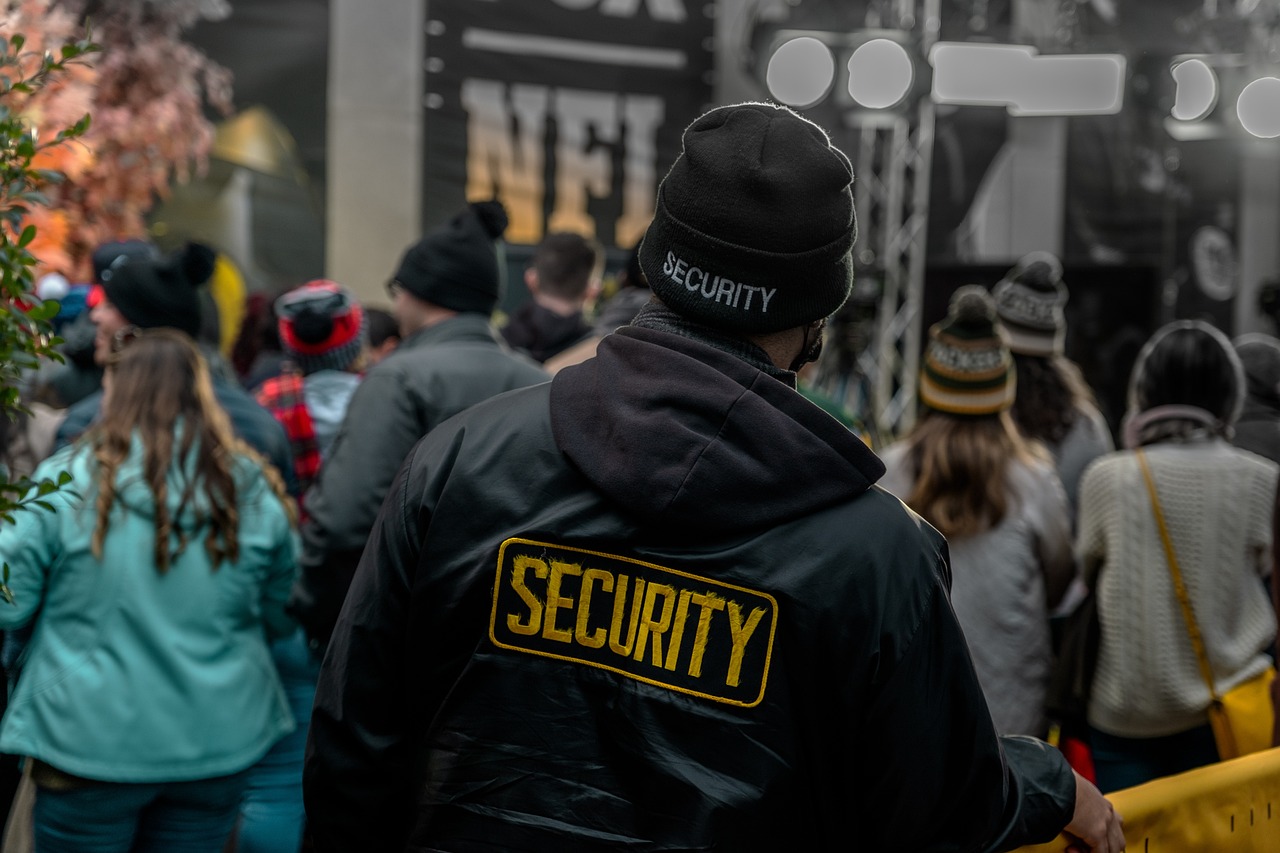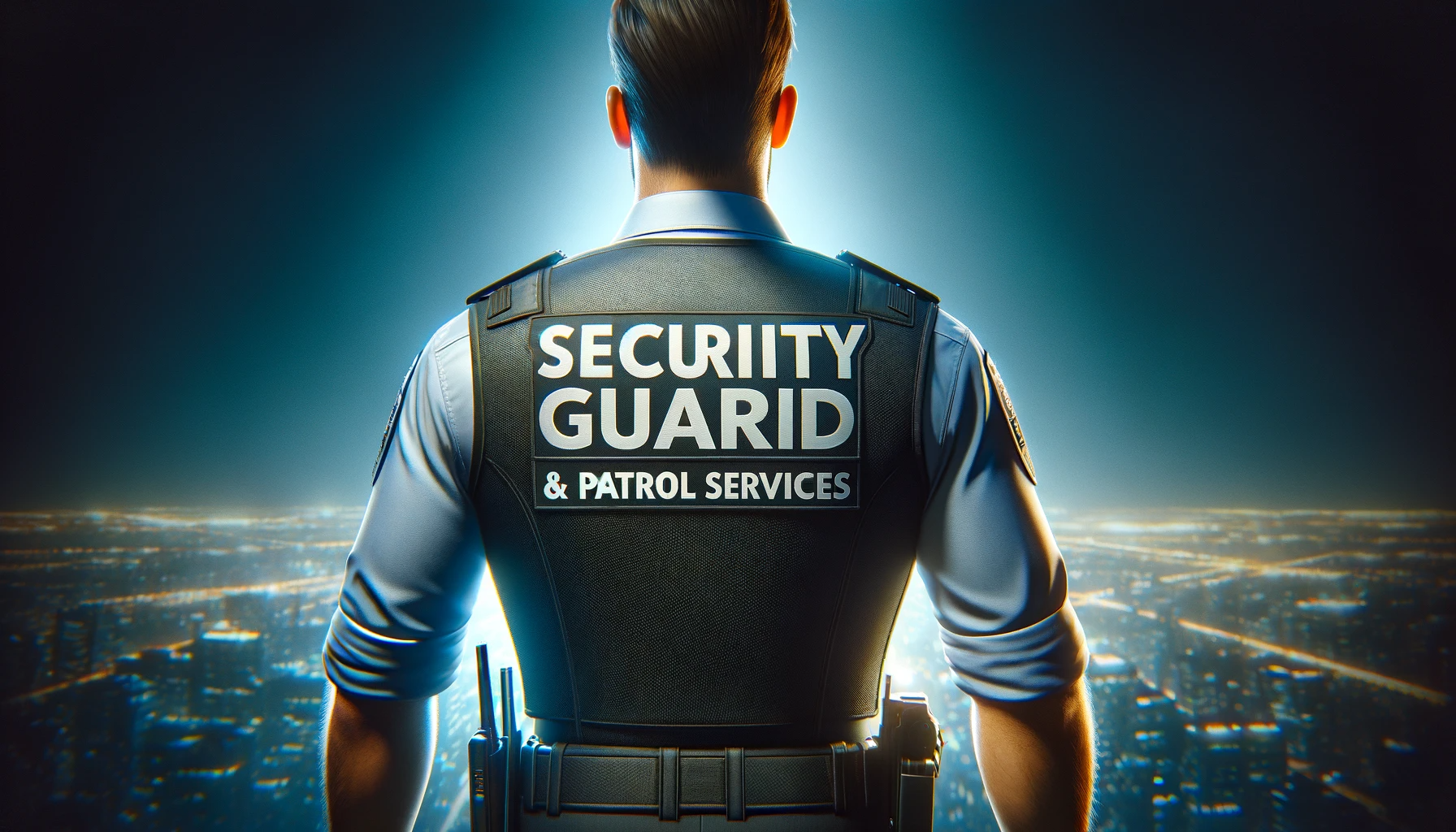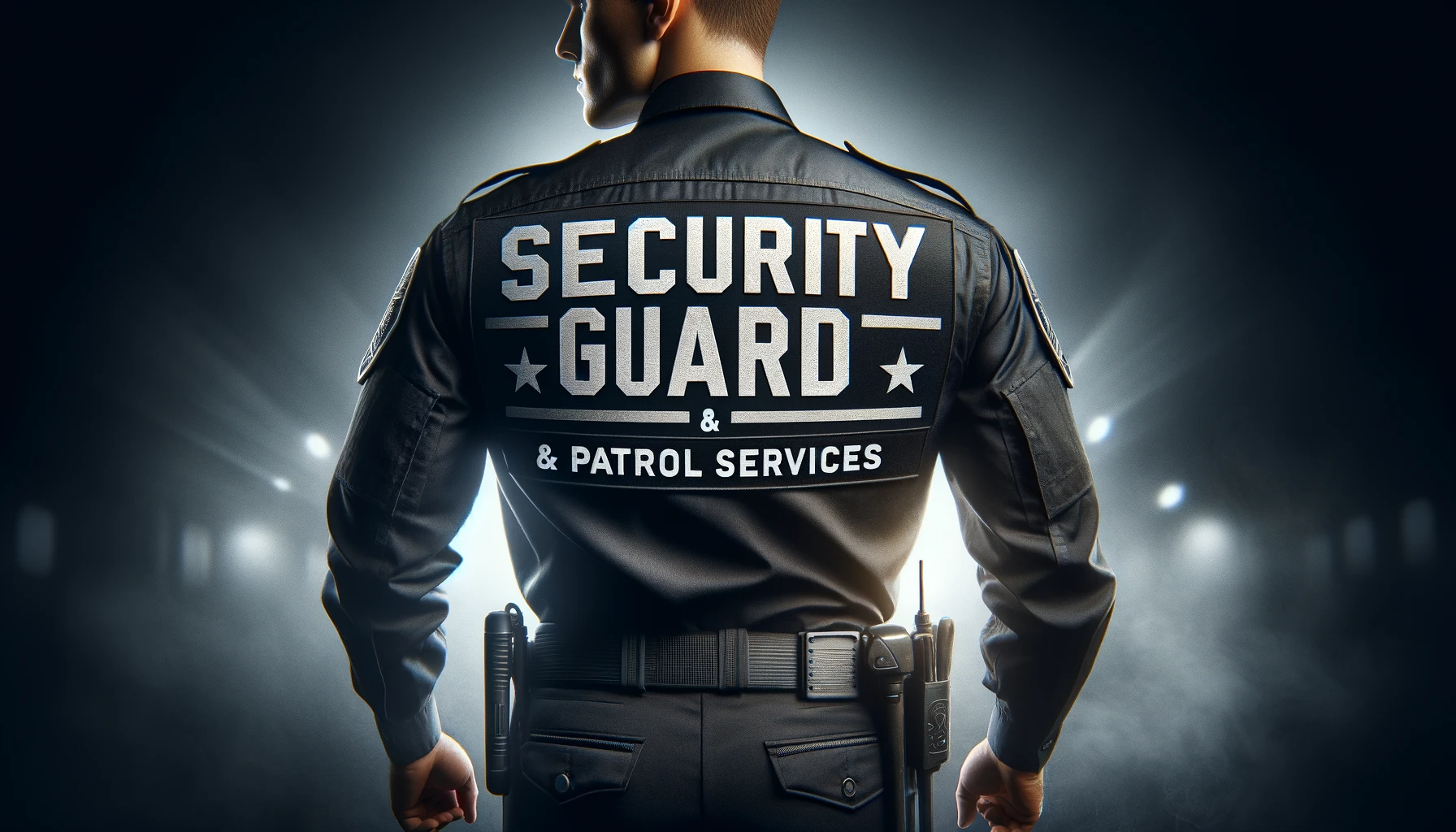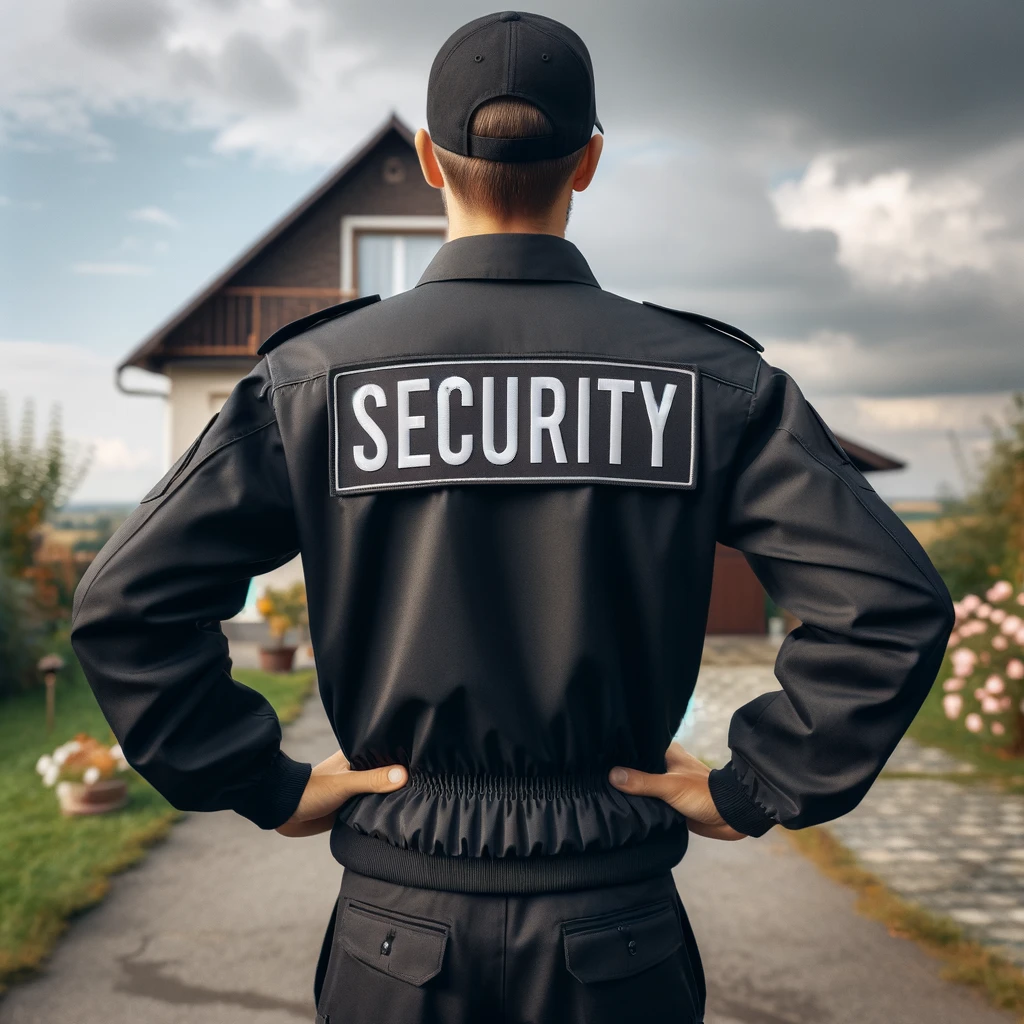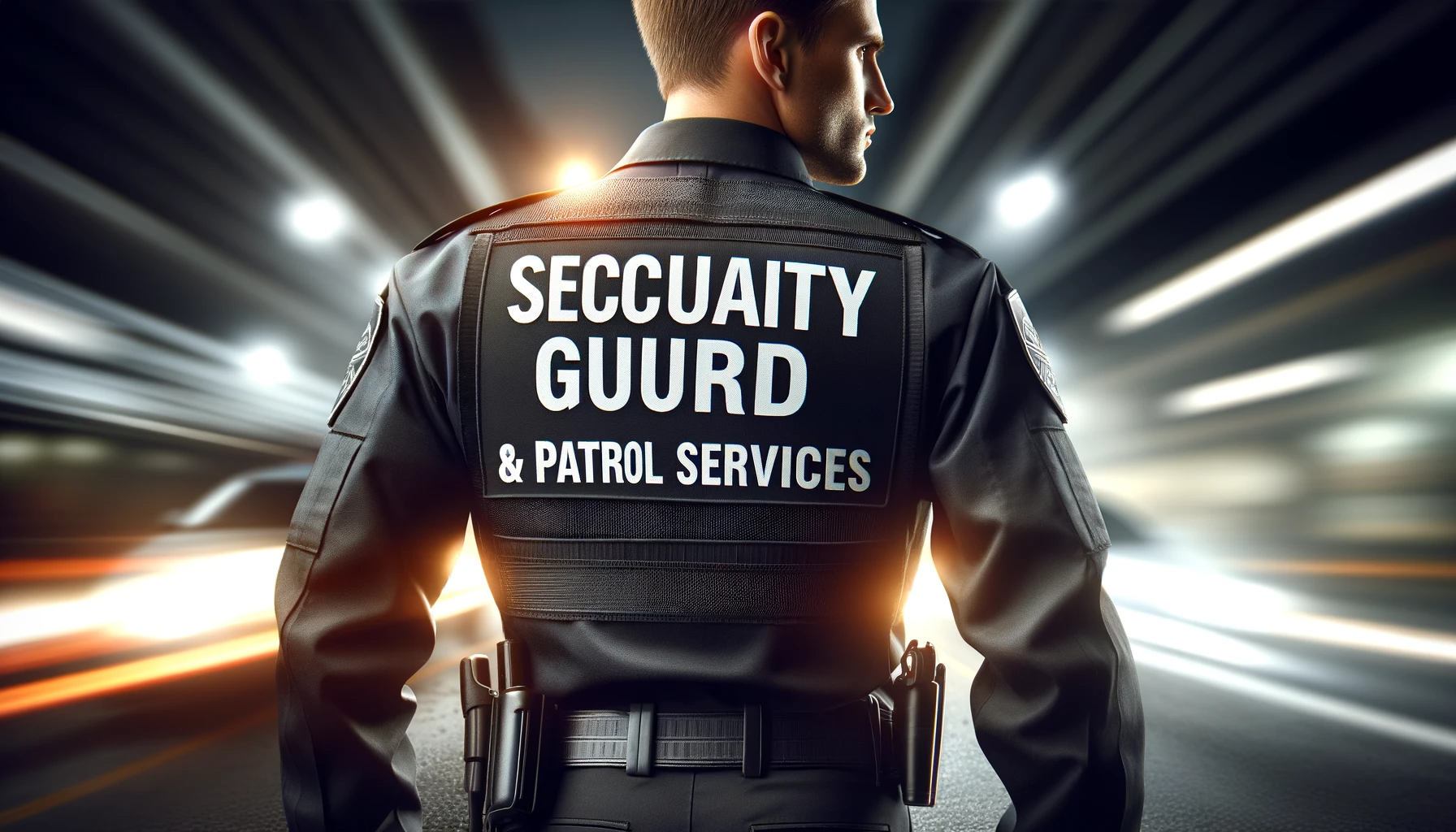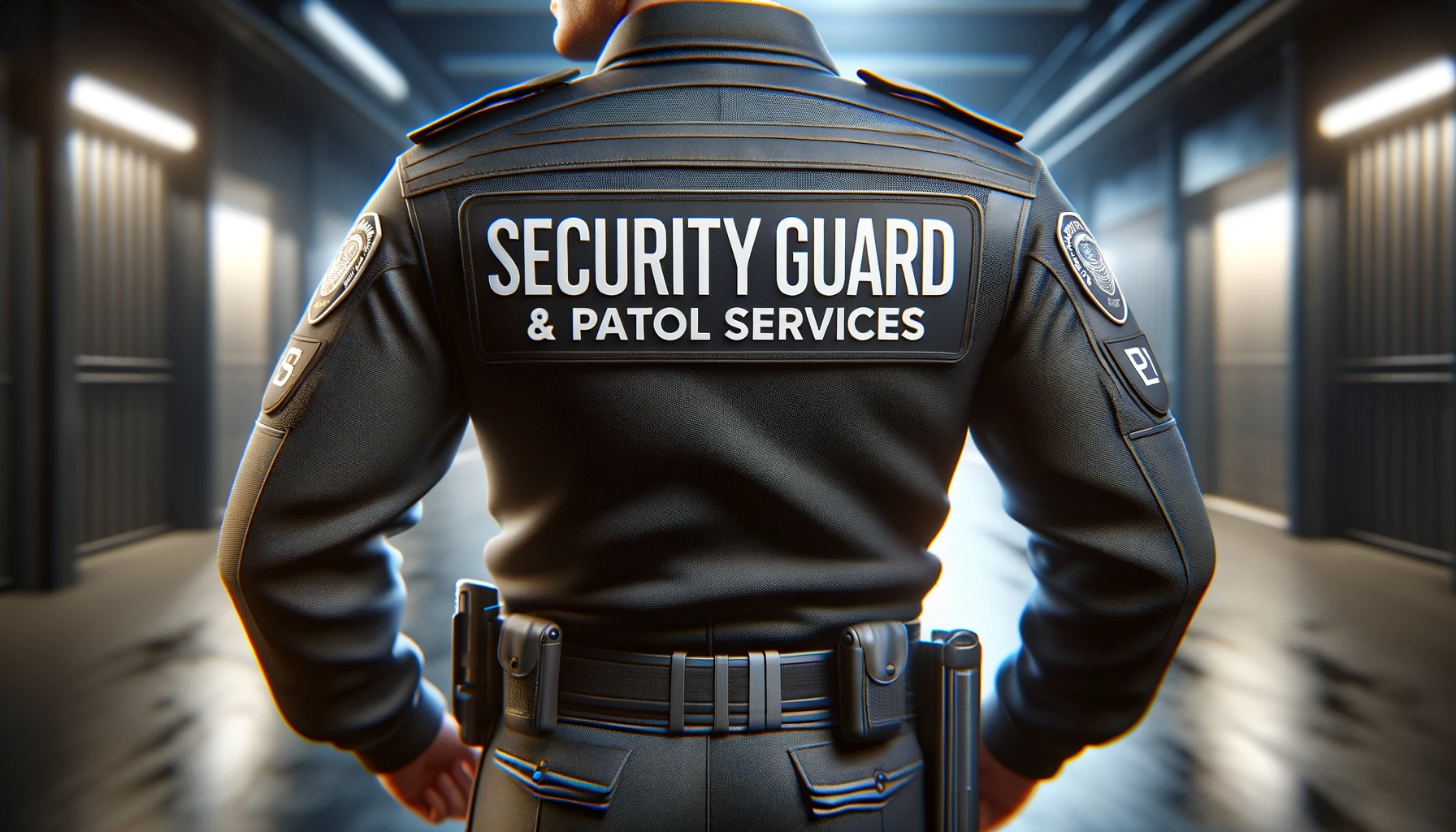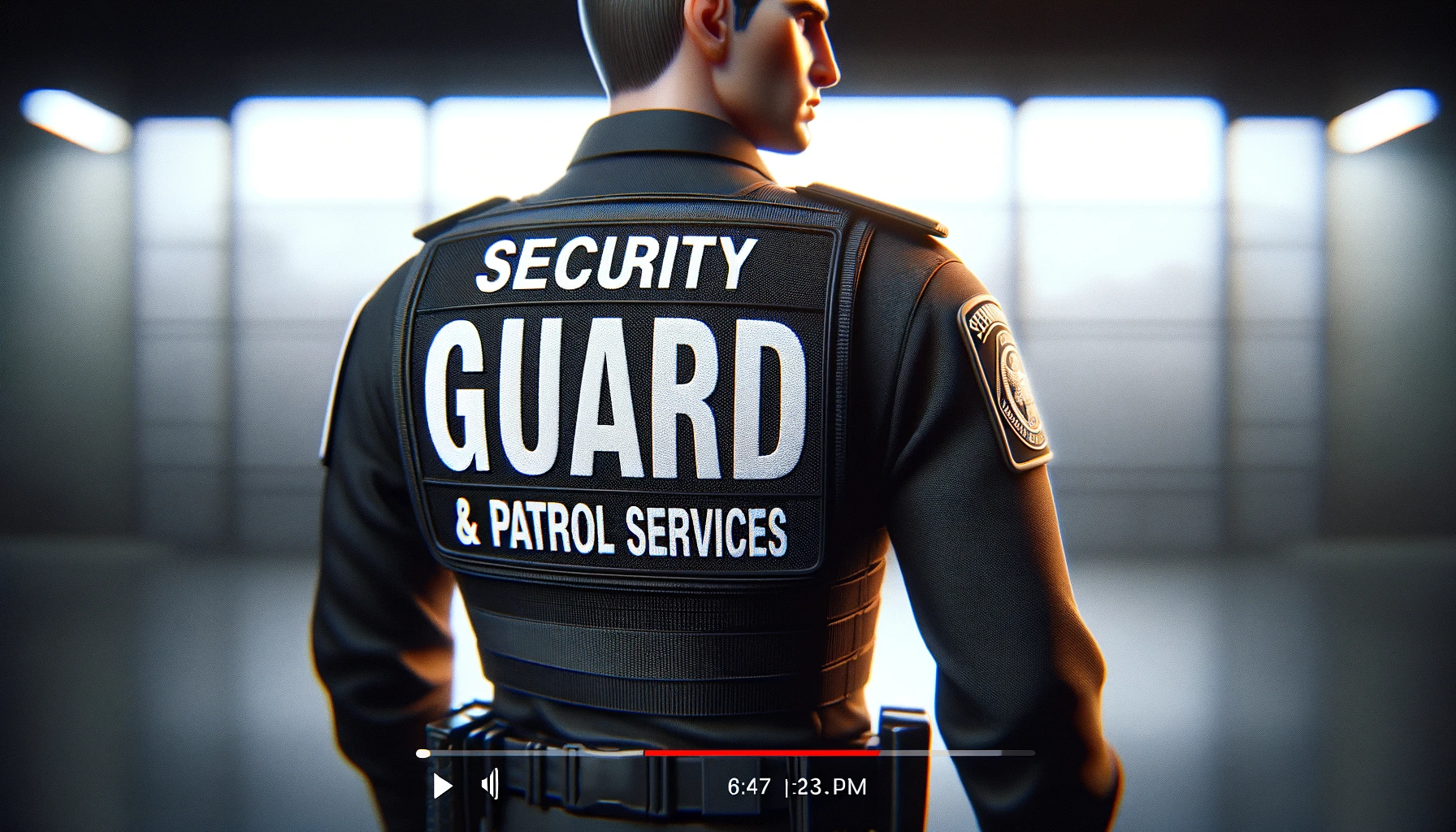A business must always do whatever it can to satisfy its customers. This includes providing quality products or services, responding quickly to customer inquiries or complaints, and offering fair prices. However, commercial establishments are not limited to this because their space must also prioritize security, which is vital for customer safety.
Commercial security protects people, property, and assets from potential dangers, such as burglaries, vandalism, or theft. For this reason, commercial establishments must ensure their premises are secure and safe. While having a security system is enough, there are certain elements that businesses need to consider when setting up their security systems.
With this in mind, here are some fundamental aspects of a commercial security system:
#1 – Onsite Security Guards
Hiring onsite security guards is essential for commercial security. They are trained to monitor the premises and respond quickly to suspicious activity or emergencies. Security guards are also responsible for monitoring access points and conducting security checks, such as bag searches and ID verifications.
Depending on the size of the establishment, there may be a need for multiple security guards. In addition, you must ensure that the guards are licensed, trained, and equipped with the necessary equipment. By extension, they must be briefed on the security protocols and relevant policies to ensure nothing goes wrong while doing their jobs.
#2 – Access Control
Access control refers to controlling who has access to a building, room, or any other area. Access control can be achieved through physical barriers, such as locks, gates, and fences, or electronic systems, such as security cameras, card readers, and biometric scanners.
Access control systems are designed to ensure that only authorized personnel can gain access to restricted areas. For example, many businesses use access control systems to limit access to sensitive areas such as data centers or executive offices. This can help to prevent unauthorized personnel from entering these areas and protect the company’s confidential information.
Conversely, access control systems can also monitor and record who enters and exits a building. This can be important for tracking employee attendance and identifying anyone who may have gained access to a restricted area. Additionally, access control systems can restrict access to certain areas during certain times of the day or after hours to secure the premises and protect the business from potential threats.
#3 – Mobile Patrol Units
As the name suggests, mobile patrol units are security teams dispatched to patrol and monitor a designated area. These teams typically consist of uniformed officers who patrol the area on foot, in vehicles, or on bicycles.
The purpose of mobile patrol units is to deter and respond to criminal activity in a given area. Patrols can be conducted during the day or night and are designed to prevent potential criminals by increasing visibility and presence in the area. Patrols also serve to respond to any suspicious activity that citizens may report.
#4 – Commercial Alarm Response
Commercial alarm response is a service provided by a security company that responds to an alarm activation at a business or commercial property. Alarm response services are designed to protect the property and its occupants from any potential threats. When an alarm is triggered, the security company will dispatch a team of responders to the scene to investigate the cause and take the necessary steps to ensure the safety of the occupants and property.
The response team typically consists of a supervisor, a security officer, and a technician. The supervisor assesses the situation, determines the cause of the alarm, and coordinates the response of the security officer and technician. In contrast, the security officer is responsible for securing the property and assessing potential threats. On the other hand, the technician is responsible for resetting the alarm system and restoring it to its normal operational state.
#5 – Parking Enforcement
For commercial establishments with parking spaces, parking enforcement is crucial for security plans because it ensures that parking spaces are used correctly and that the areas remain safe and orderly. Parking enforcement can be conducted through various methods, including patrols, ticketing, and towing.
The primary goal of parking enforcement is to ensure that all vehicles parked in the designated areas comply with local parking regulations. This includes ensuring that vehicles are not parked in areas designated for other purposes, such as loading or service zones, or in prohibited areas, such as no-parking zones or fire lanes.
#6 – Customizable Security Systems
Having a security system is one thing, but making it work to your advantage is another. For this reason, customizable security systems are recommended because they allow businesses to tailor the system to fit their specific needs. However, one must carefully consider their needs because not all customizable security systems have the same features.
Conclusion
A commercial security system must always be tailored to the needs of the business to provide the most effective protection. While creating the right security system will be tricky, it will be worth it because your customers and employees will be safe. This way, you can look forward to peace of mind, knowing your assets and people are secure.
First Choice Security Guard & Patrol Services provides top-quality services for commercial security. We understand the needs of businesses, so we provide comprehensive security solutions to ensure your establishment and its assets are well-protected. Call us today at 818-932-4908 to get a quote!

